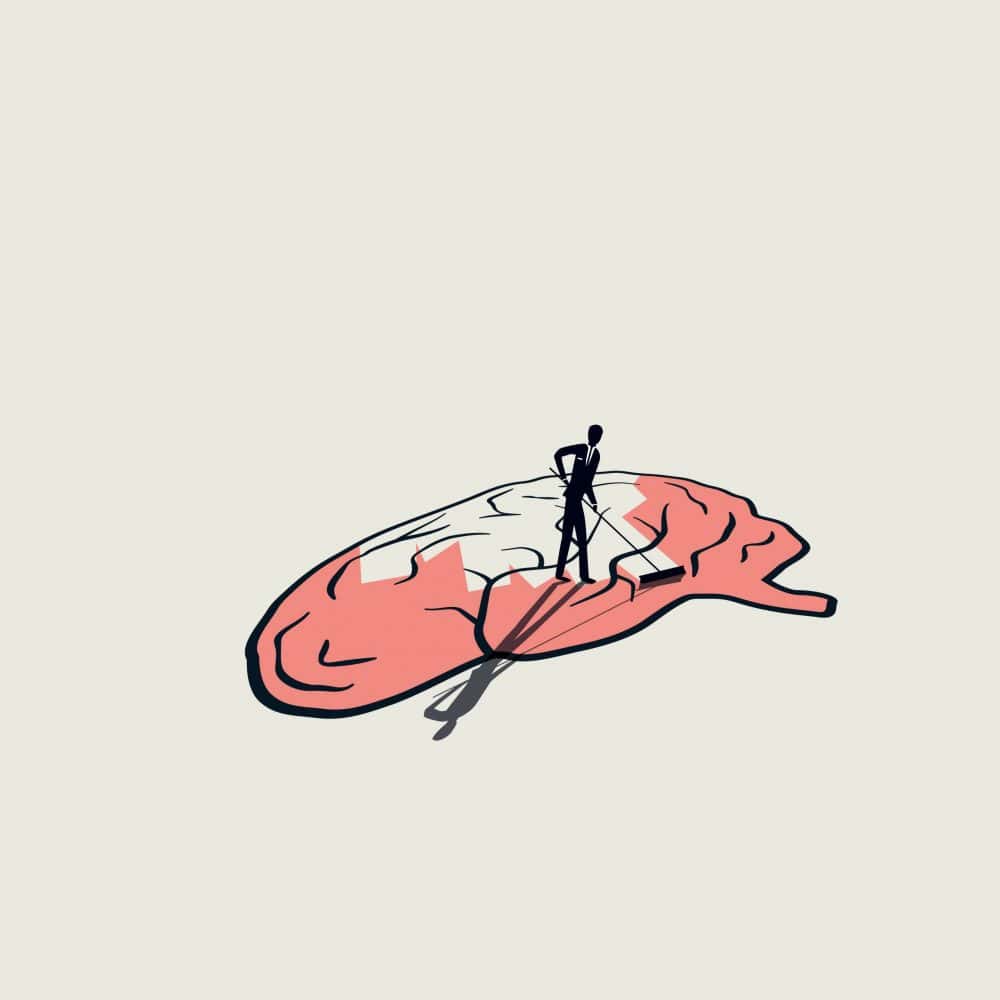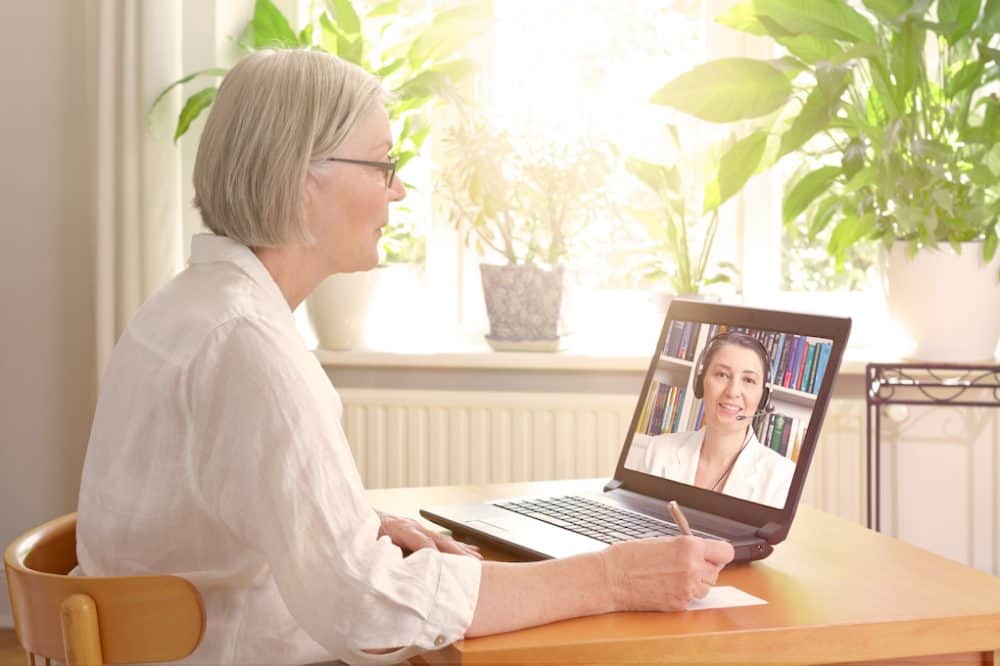2020 Cochrane Study Says AA is More Effective than CBT
Posted on September 11, 2020
by Thaddeus Camlin, PsyD
A 2020 mega study from research juggernauts Cochrane garnered substantial attention when it concluded that “there is high quality evidence that manualized AA/[Twelve Step Facilitation] interventions are more effective than other established treatments, such as CBT.” Click-bait headlines proliferated touting things like, “AA Superior to CBT for Alcohol Addiction,” and, “AA Still Best to Beat Problem Drinking.” The 2020 Cochrane study conclusion was strikingly divergent from a similar Cochrane mega-study in 2006, which concluded that “no experimental studies unequivocally demonstrated the effectiveness of AA or [Twelve Step Facilitation] approaches.” Such discrepancies warrant further investigation.
Beyond the surface of the click-bait headlines, details ...
full story










